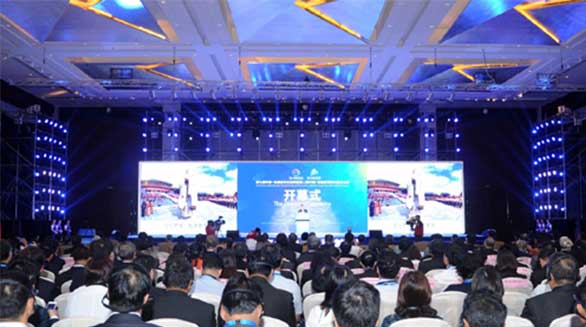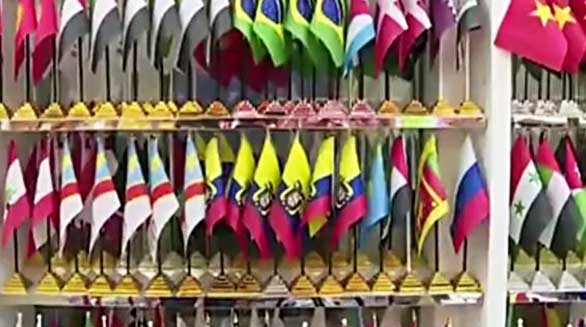政府采购法律与政策(五):日本
附原文:Government Procurement Law and Policy: Japan
I. Basic Framework
The Accounts Law[1] contains the basic provisions concerning national government procurement agreements. There are no specialized procurement bodies in Japan. Each government agency administers its own procurement agreement.[2] Each agency has its own contract administrative rules. The Local Autonomy Law[3] regulates local government procurement. This article focuses on the national government procurement. For large government contracts, the World Trade Organization (WTO) Agreement on Government Procurement is applied, and special Cabinet Orders are applied, as stated in the last part of this report.
A. Open Tendering
Under the Accounts Law, open tendering is the standard method of government procurement.[4] When the contract value is small, however, open tendering can be avoided.[5] Prequalification is generally required to participate in tendering. Government agencies publish the conditions for prequalification for each type of agreement, i.e. construction, manufacturing, and sales of goods.[6] Agencies publish the list of prequalified suppliers.[7] In addition, agencies can require prequalification for specific procurement if it is necessary because of the nature and the purpose of the procurement.[8] In order to make the tendering process more efficient, in 2001, the national government unified the qualifications for participating in tendering contracts that relates to the manufacture and sale of products. The national government provides information and accepts application through a website.[9]
Government procurement opportunities are advertised in the official gazette (Kanpo) and other media (e.g. newspapers) as well as government websites,[10] until ten days before the open tendering. In urgent cases, this advertisement period can be shortened to five days.[11] Participants in a tender must deposit 5% or more of their estimated price of the procurement with the procuring agency.[12] The government agencies can exempt the deposit requirement from a participant if the participant has insurance that provides that the government agency is a beneficiary when the participant fails to perform the agreement, or may exempt all participants from the deposit requirement when only qualified participants can participate in the tender.[13]
A government agency must set an “expected price” before the tender, write that price on a paper, and place the paper at the place of the tender in such a way that the price is invisible.[14] With a procurement that requires that government agency pay for service or goods, the expected price operates as the maximum price. For a procurement where a government agency receives money, the expected price operates as the minimum price.[15] When the expected price operates as the minimum price, the participant who tendered highest price above the expected price is the winner. When the expected price operates as the maximum price, the participant who tendered the lowest price below the expected price is the winner.[16] In the case of the latter, in limited cases when the procurement is regarding construction or manufacturing and the expected price is 10 million yen (US$ 110,000) or more, the government agency can award the participant who tendered the second lowest price.[17] These cases are: (1) when the price is too low, so that it is expected that the participant cannot provide the quality of service or products; or (2) it is unfair to award the contract to the participant and the awarding would obstruct fair trade practices.[18] This may occur, for example, when the participant has tendered a much lower price than the reasonable commercial price for the honor (i.e. it is very honorable to be awarded a contract for imperial house construction), but it is expected that the participant will not sacrifice the quality because the participant can afford the loss.[19]
When a government agency sells movable property, the procurement may be done through auction.[20] The government procurement agreement is made when the agency representative and the winner sign the agreement unless the contract amount is small.[21] The contractor must submit 10 % of the contract amount as a deposit.[22] Payment of the deposit can be exempted in cases where the contractor has an insurance or where tender participants were pre qualified.[23]
上一篇:政府采购法律与政策(四):印度
下一篇:政府采购法律与政策(六):俄罗斯













